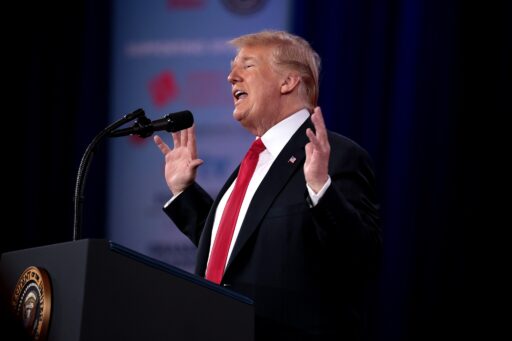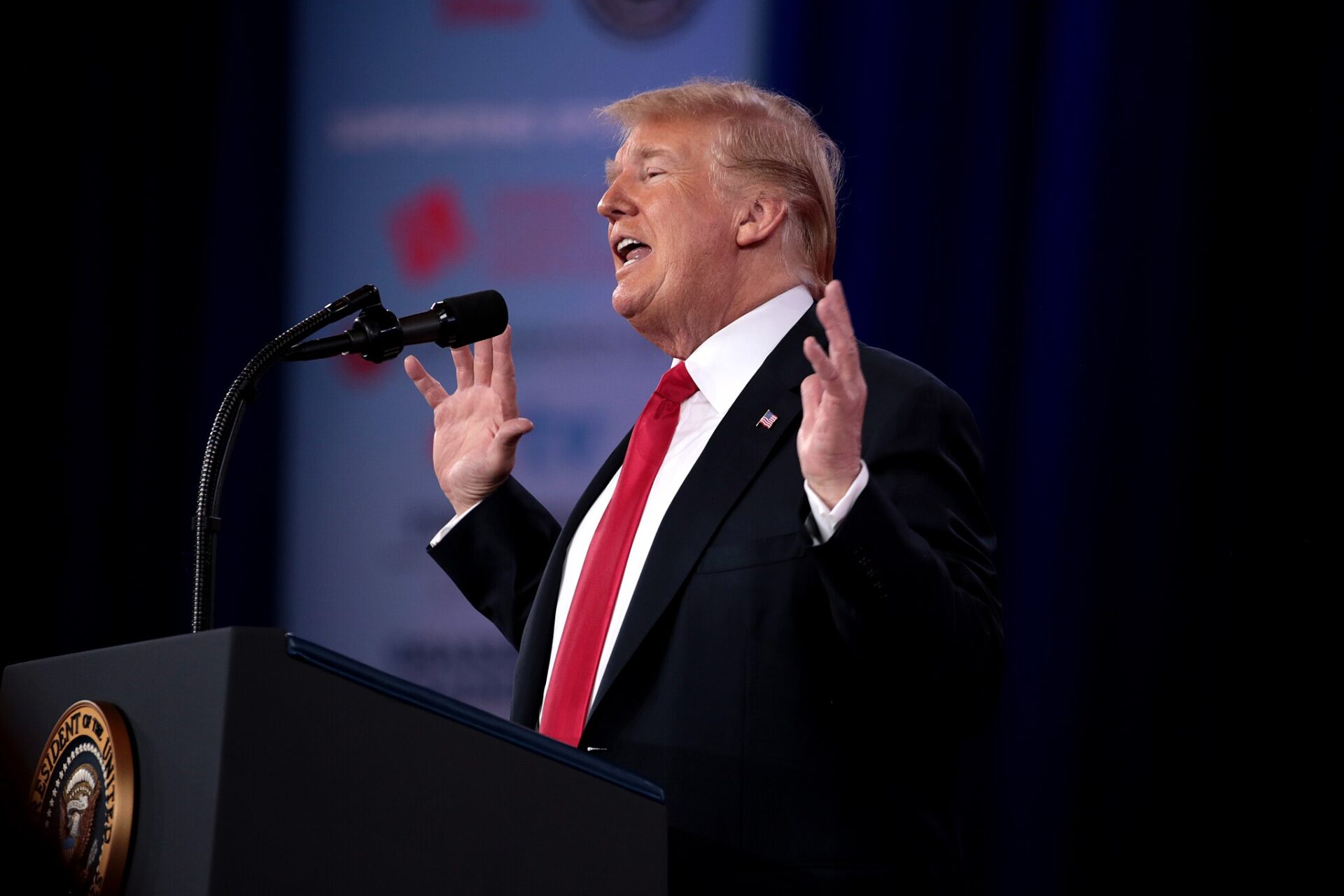Democrats want to destroy Trump so badly that they have blinded by what can happen if they actually do seize his properties.
In the event that State Attorney General Letitia James takes possession of Donald Trump’s significant real estate asset, 40 Wall Street, the repercussions would reverberate far beyond mere property ownership, significantly impacting New York City itself.
Situated in Lower Manhattan, 40 Wall Street stands as a historic yet troubled landmark, facing the prospect of becoming an abandoned behemoth amidst a landscape already grappling with a significant exodus of tenants to uptown areas. The ramifications of this potential scenario are dire, as highlighted by industry insiders who emphasize the immense challenges associated with revitalizing such a property.
It’s crucial to reflect on the tumultuous history of 40 Wall Street, particularly its previous entanglement in governmental intervention which led to a decade-long period of chaos. The current situation is exacerbated by downtown’s staggering 30% vacancy rate, an unprecedented challenge for the area.
The building’s troubled past includes a federal seizure in 1986 when it was revealed to be clandestinely owned by Ferdinand Marcos, the notorious dictator of the Philippines. This intervention triggered a series of failed attempts to auction the property, ensuing foreclosures, legal battles, and a state of decay that cast a pall over the Financial District for years.
Following a period of decline in which tenants steadily departed, Donald Trump entered the picture in 1995, acquiring the leasehold at a contested price. Under his ownership, the building underwent restoration efforts and attracted new tenants, marking a brief resurgence. However, subsequent neglect by Trump’s real estate company, as his focus shifted to other ventures, led to a decline in its fortunes.
The departure of major tenants like Duane Reade further compounds the building’s financial woes, dealing a severe blow to its already dwindling rental income. Today, the once-proud tower is estimated to be worth a fraction of its former value, indicative of its diminished stature in the real estate market.
While the prospect of government intervention may seem a solution, reminiscent of tactics employed in countries like China, where state entities seize control of businesses deemed problematic or overly prosperous, it raises concerns about the long-term viability and integrity of private property rights in New York City.
Ultimately, the fate of 40 Wall Street holds significant implications not just for its stakeholders but for the broader fabric of New York City’s real estate landscape. It underscores the delicate balance between regulatory oversight and fostering a conducive environment for private enterprise, a balance that must be carefully maintained to safeguard the city’s economic vitality and integrity.







